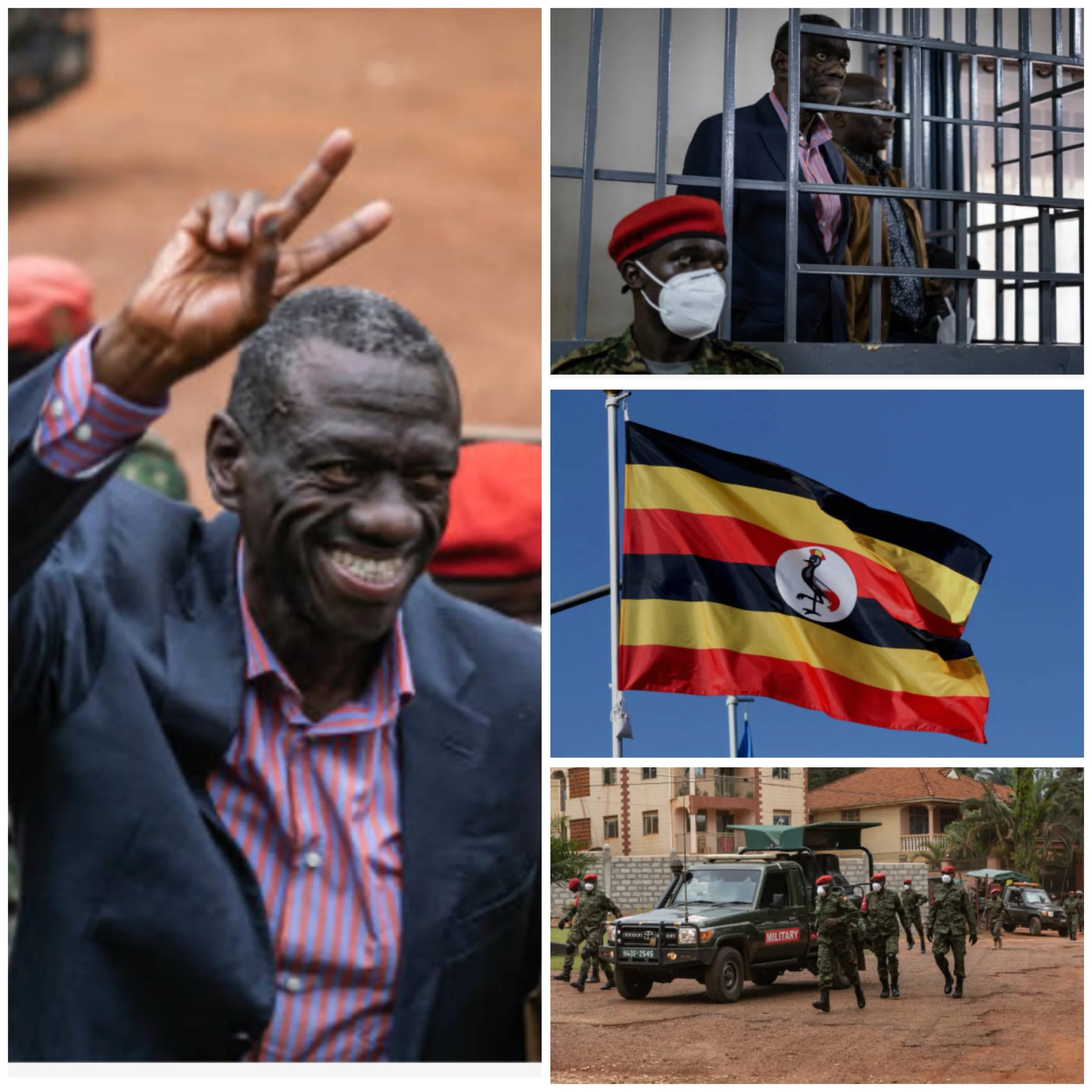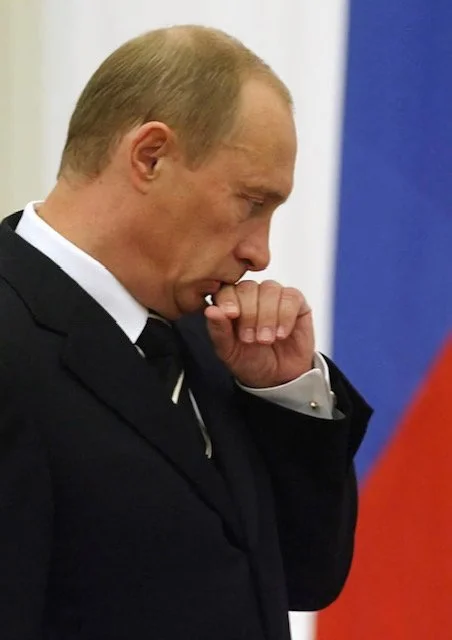Uganda kidnaps opposition leader in Kenya
Introduction
The recent incident involving the alleged kidnapping of Ugandan opposition leader Kizza Besigye in Kenya has sparked significant reactions and concerns across the East African region. Here are the key details and implications surrounding this event:
Overview of the Incident
Abduction Details: Kizza Besigye, a prominent opposition figure and former presidential candidate in Uganda, was reportedly abducted in Nairobi, Kenya, on November 16, 2024, while attending a book launch. His wife, Winnie Byanyima, publicly stated that he was taken without consent and later appeared in a military court in Uganda facing charges related to illegal possession of firearms and other security offenses.
Kenyan Government’s Response
The Kenyan authorities have initiated an investigation into the circumstances of Besigye’s abduction. Kenyan officials, including Korir Sing’oei from the foreign ministry, have denied any involvement in the kidnapping, asserting that it was not an act sanctioned by the Kenyan government.
Ugandan Government’s Position
The Ugandan government has not issued a formal statement regarding the abduction but has indicated that arrests abroad are conducted in collaboration with host nations. This raises concerns about the legality and human rights implications of such actions.
Immediate Reactions from Other Middle Eastern Countries
Human Rights Concerns:
Human rights organizations, including Amnesty International and Human Rights Watch, have condemned the abduction as a violation of international law. They emphasize that such actions reflect a troubling trend of transnational repression where governments extend their reach beyond borders to silence dissent.
Regional Political Implications:
Analysts warn that this incident could strain relations between Kenya and Uganda. Historically, Kenya has been seen as a refuge for political dissidents fleeing persecution in Uganda. The abduction challenges Kenya’s reputation as a defender of human rights and could impact its diplomatic standing within the East African Community (EAC).
Criticism from Opposition Leaders:
Opposition leaders in both Kenya and Uganda have voiced strong condemnation of the incident. They argue that it undermines democratic principles and raises serious questions about Kenya’s commitment to upholding human rights.
Potential for Increased Tensions:
The incident may exacerbate tensions not only between Uganda and Kenya but also within the broader East African region. It sets a dangerous precedent for cross-border political abductions, potentially leading to increased scrutiny of both governments’ human rights records.
International Community’s Reaction
Global scrutiny is expected to intensify as calls for accountability grow louder. The United Nations High Commissioner for Human Rights has expressed alarm over forced disappearances, emphasizing that such actions violate international covenants on civil and political rights.
Conclusion
The alleged kidnapping of Kizza Besigye in Kenya highlights significant issues regarding human rights, political repression, and regional stability in East Africa. As investigations unfold and international attention increases, both Uganda and Kenya will face pressure to clarify their roles in this incident and uphold their commitments to human rights standards. The outcome could have lasting implications for political dissent in the region and the relationship between these neighboring countries.






